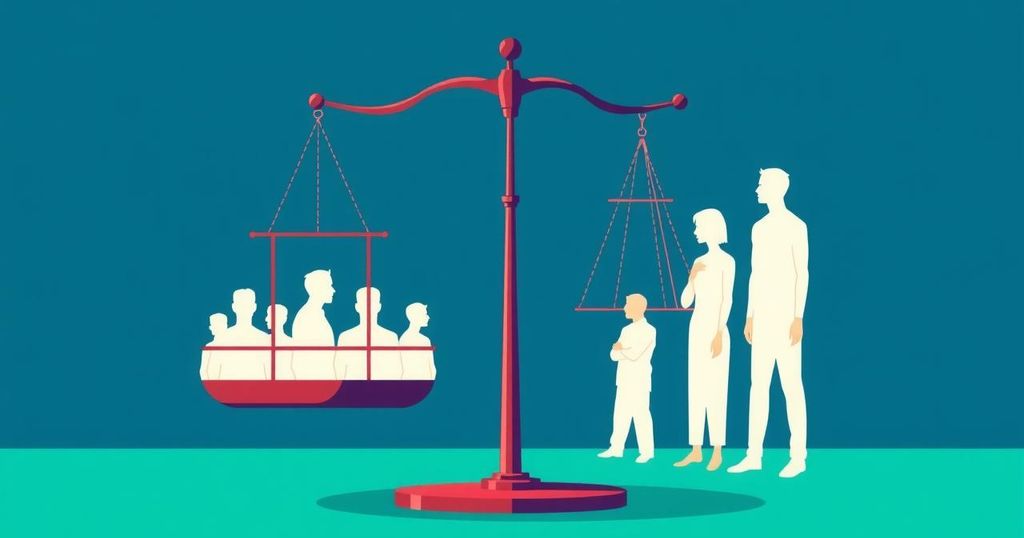Botswana’s ruling party, BDP, seeks re-election while promoting a platform of change, acknowledging rising economic difficulties such as youth unemployment and inequality. Despite historical governance success, public sentiment reveals dissatisfaction, with increasing corruption concerns. The divided opposition offers both challenges and opportunities for the BDP, making the upcoming election a pivotal moment for the country’s political landscape.
Botswana’s ruling party, the Botswana Democratic Party (BDP), is seeking to extend its 58-year hold on power as it approaches the upcoming general election. The party’s platform hinges on the promise of “change,” a theme traditionally associated with opposition groups, reflecting an awareness of the current socio-economic challenges facing the nation. President Mokgweetsi Masisi, who has led since 2018, emphasizes a collective effort to transform and ensure prosperity across the country. Despite a history of success in maintaining parliamentary dominance since independence in 1966, the BDP struggles with high unemployment and wealth disparities, particularly affecting the youth. Botswana’s economy, although historically boosted by its diamond reserves, now confronts external pressures and stagnant job growth. Analysts assert the country is dealing with profound unemployment issues, particularly among graduates. At a recent campaign rally, President Masisi showcased an optimistic image, utilizing humor to connect with supporters in regions that previously favored opposition candidates. However, public sentiment appears mixed; polling suggests a significant proportion of the population expresses dissatisfaction with the government’s performance, citing concerns over corruption. The BDP’s spokesperson, Kagelelo Banks Kentse, remains defensive, asserting that the party remains committed to job creation and resource management agreements with diamond industry stakeholders. In contrast, opposition figures such as Dumelang Saleshando from the Botswana Congress Party argue that the BDP has failed to innovate and address long-standing issues. They assert that the incumbent government is merely emulating previously rejected ideas. Furthermore, opposition parties are highlighting societal grievances, including education reform, to galvanize voter support. As the election date approaches, the increased fragmentation within the opposition may prove advantageous to the BDP; the first-past-the-post electoral system could allow the ruling party to maintain its dominance despite internal strife and declining public approval. The upcoming election thus stands to be a pivotal moment for Botswana, determining whether the BDP can convincingly navigate the call for change amid scrutiny and competition from a divided opposition.
Botswana has been governed by the BDP since gaining independence in 1966, and it has established itself as one of Africa’s most consistent governing parties. The party has overseen significant economic development, primarily driven by the country’s rich diamond industry. Despite these successes, increasing concerns about unemployment, particularly youth unemployment, and wealth inequality have emerged, prompting calls for change from various sectors of society. The current political climate is characterized by a more informed electorate that is increasingly aware of governance issues, including corruption and economic mismanagement. This backdrop sets the stage for the upcoming election, presenting an opportunity for opposition parties to challenge the status quo, albeit amidst their own internal divisions.
The forthcoming election in Botswana serves as a critical juncture for the BDP as it attempts to reassure voters of its capability to implement necessary changes while backpedaling on past criticisms of opposition parties. While incumbency provides an advantage, the palpable dissatisfaction among the populace due to economic hardships and governance issues poses a legitimate threat to their long-standing rule. The divisions within opposition parties may either weaken their effectiveness or enable the BDP to secure another term, emphasizing the unpredictable nature of the electoral outcomes in Botswana.
Original Source: www.bbc.com




